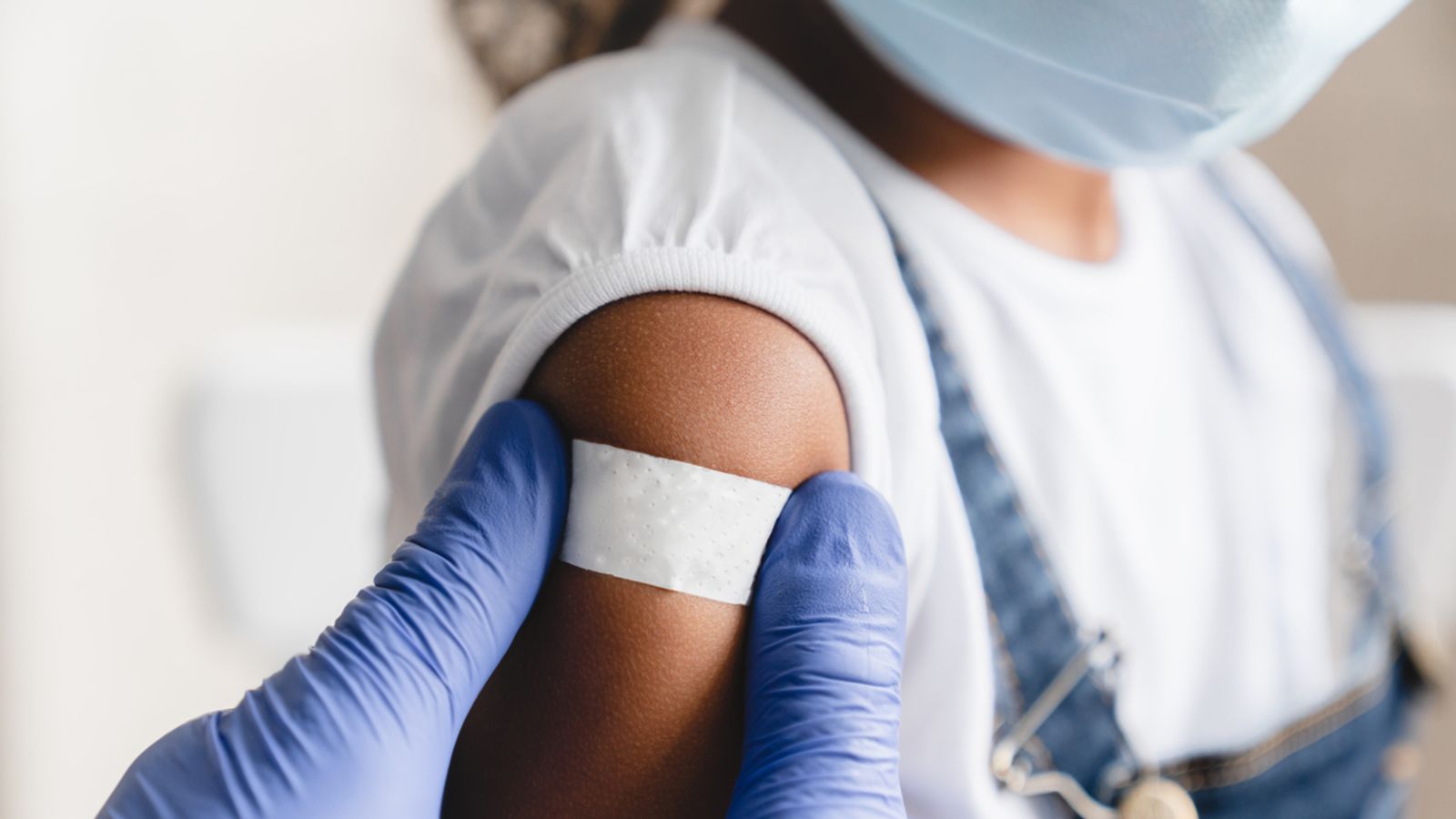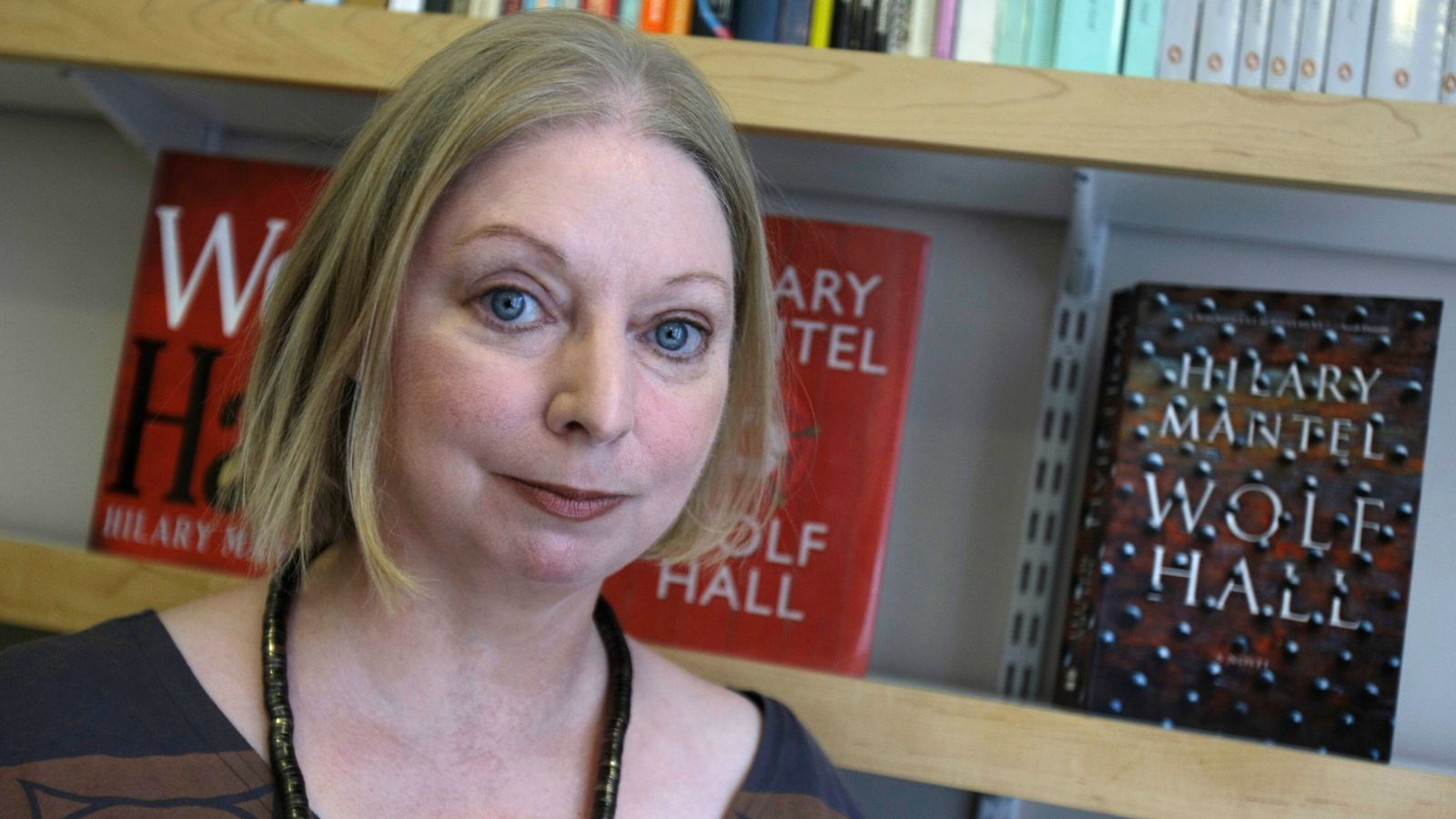More teenagers are at risk of contracting rare but serious diseases due to a fall in immunisations as a result of the pandemic, according to a report.
The uptake of vaccines among teenagers in secondary schools that protect against meningococcal disease, diphtheria, tetanus and polio has dropped since COVID affected routine school immunisation programmes provided by the NHS.
The UK Health Security Agency (UKHSA) found that 69% of children in year nine, aged 13 and 14, had the MenACWY vaccine and the Td/IPV booster in 2021-22.
This marked a 7% drop in coverage for both vaccines compared to the previous year.
MenACWY is typically offered in year 9 or 10 to children aged 13-15 as protection against serious infections like meningitis and septicaemia, which can be deadly.
The 3-in-1 Td/IPV booster helps provide teens with long-lasting protection against tetanus, diphtheria and polio, diseases that can result in serious illness or even death.
Read more on Sky News:
NHS dentistry crisis grows with less than half of children seeing a dentist in past year
Weight loss can put type 2 diabetes in remission for ‘at least five years’
‘Healthy’ doctor, 32, died after rare severe reaction to AstraZeneca COVID jab, coroner concludes
COVID-19: PPE storage still costs taxpayers £580,000 a day, new figures reveal
Hope for long COVID treatment breakthrough after study’s ‘really positive’ findings
Be the first to get Breaking News
Install the Sky News app for free
UKHSA stresses that those eligible for the vaccines should be up to date before they leave school.
While, NHS figures found uptake for children in year 10 was better, with 80% coverage, experts say more needs to be done.
Doctor Vanessa Saliba, consultant epidemiologist at UKHSA said: “In recent years we have seen vaccine uptake fall due to the challenges posed by the pandemic.
“Many young people who missed out on their vaccinations have already been caught up, but more needs to be done to ensure all those eligible are vaccinated.
“These vaccines offer the best protection as young people start their journey into adulthood and mixing more widely – whether going to college, starting work, travelling or going to summer festivals.”
Dr Saliba urged anyone who missed out on these vaccines to schedule an appointment with their school nurse, school immunisation team, or GP.







